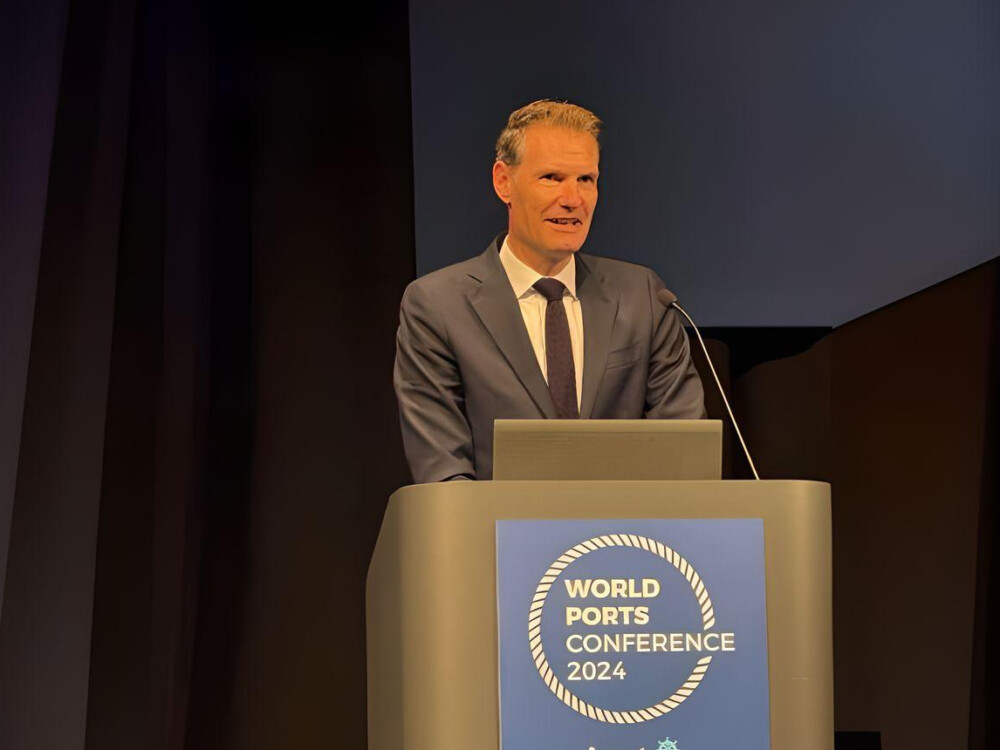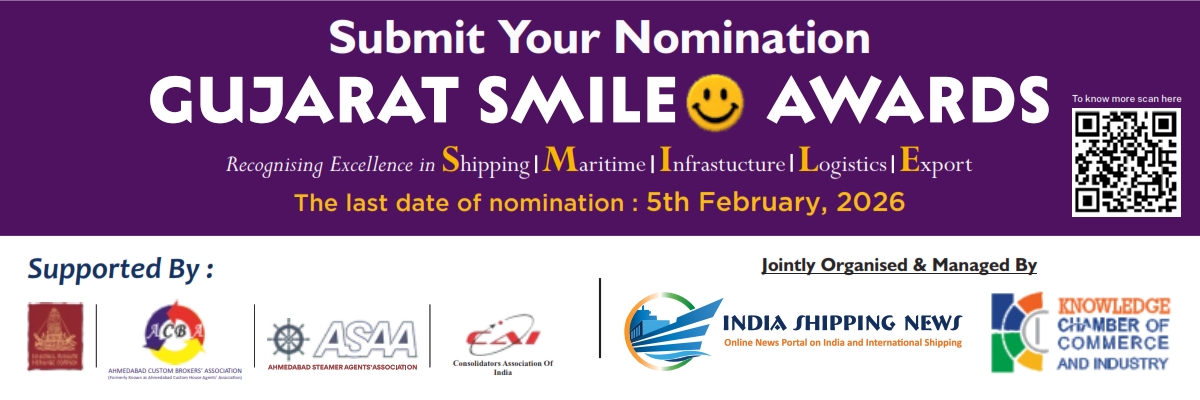
MSC CEO talks flexibility, future fuels and Formula One at IAPH’s World Ports Conference
HAMBURG : Outdated infrastructure is a persistent issue in many ports, and technology and productivity are not keeping up with industry needs, the CEO for the world’s largest container line MSC told the International Association of Ports and Harbours (IAPH) World Ports Conference in Hamburg.
Soren Toft, who has led MSC since 2020, highlighted the shipping industry’s formidable challenges, from shifting supply chains and unpredictable global events to the pressing need for environmental stewardship.
“The transition towards greener shipping faces hurdles due to the lack of available alternative fuels and inconsistent global regulation,” he told the audience which included IMO Secretary-General Arsenio Dominguez.
He also highlighted the need for significant improvements in outdated port infrastructure and productivity, which have stagnated since the pandemic, while at the same time balancing the integration of much-needed new technologies to avoid displacing the existing workforce.
MSC is using its scale and resources — having expanded its fleet substantially since 2020 to overtake competitor Maersk as the largest container shipping company — to create an independent, flexible and extensive network, characterised by direct port calls and broad coverage.
“Our stand-alone, alliance-free, East-West service network gives us the operational freedom and flexibility highly demanded by the market,” Mr Soft said.
MSC plans to expand its port coverage with 34 loops and over 1,900 direct port combinations. It is also investing in more than 100 ports globally, including acquiring a stake in HHLA, Hamburg’s leading terminal operator.
“These investments will allow us to manage port calls with the precision of a Formula One pit stop,” Mr Soft told delegates.
Addressing the green transition, Mr Toft said MSC has entered into a memorandum of understanding with the Hamburg Port Authority around onshore power. He said the line currently has 20 dual-fuel ships in operation, and is favouring LNG as an interim fuel to begin to decarbonise its operations.
Concluding on an optimistic note, Mr Toft noted a 7% volume growth in the first eight months of the year and a double-digit increase from Asia. He said the company also has plans to establish a German headquarters in Hamburg, employing 700-1000 people.

